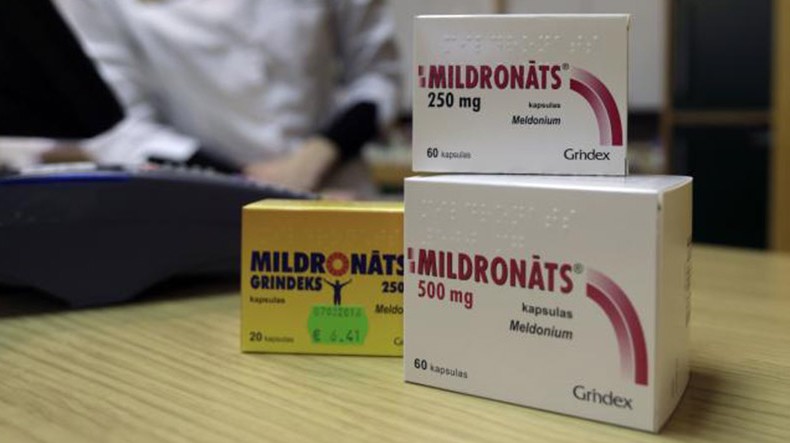
Up to 490 athletes used banned doping drug during European Games in Baku
The use of meldonium, a banned doping drug, was widespread among athletes competing at the European Games in Baku, according to a research in the British Journal of Sports Medicine (BJSM), the Reuters reports.
According to the report, up to 490 athletes out of 6000 may have been taking the drug during the European Games, which took place in the Azerbaijani capital. The findings showed that during the Baku Games, 13 medallists or competition winners were taking meldonium, 66 athletes tested positive for it, and they said meldonium was detected in athletes competing in 15 of the 21 sports in the competition.
"This study highlights the widespread and inappropriate use and prescribing of this prescription drug in a generally healthy athlete population," said the researchers, led by Klaus Steinbach and Christian Schneider of the European Olympic Committees Medical and Anti-Doping Commission.
The BJSM said the researchhad been shared with the World Anti-Doping Agency (WADA) and had contributed to its decision to ban use of meldonium in competitive sport as of 1 January 2016, the Reuters writes.
Earlier, according to the agency, Russian tennis champion Maria Sharapova had tested positive for meldonium in a sample taken during her game in Australian Open quarter-final. She told a news conference her family doctor had first given her the drug 10 years ago because of certain health issues. She was not aware of the inclusion of the drug in the banned list.
The 28-year-old Russian, a five-time grand slam champion, will be provisionally suspended starting March 12, the International Tennis Federation said as reported by the Reuters.
According toThe Telegrap, the BJSM study does not identify those who tested positive or their nationalities.
The newspaper writes that of the 66 who tested positive, only 23 declared they were using meldonium – even though it was perfectly legal to do so – while just two national Olympic committees declared they were importing it into Azerbaijan.
“The significant under-declaration of meldonium use by athletes raises suspicion that many athletes did not want to let the anti-doping authorities to know about their use of meldonium,” the report said as cited by The Telegraph.
The Forbes writes that among the athletes who declared that they used meldonium were six who won either a gold medal or first place, five who won either a silver medal or came in second and two who won a bronze medal or came in third. Although only two countries said they had imported meldonium, athletes from six countries said they used it.
Meldonium, which is not approved in the United States, is registered and prescribed in Azerbaijan, Kazakhstan, Uzbekistan, Russia, Latvia and other countries. It is marketed by a Latvian company under the brand name Mildronate, the Forbes notes.
On 12-28 June, Baku hosted the first European Games under the auspices of the European Olympic Committee. According to media estimates, the Games cost the Azerbaijani population $10 billion. They became a serious headache for the locals because of numerous bans and property demolitions. The preparatory works for the Games were accompanied not only by numerous reports about “bugs” and accidents, but also crackdowns and brutal repressions against dissent.
During the competition, some athletes failed the doping test, including those representing Azerbaijan. In particular, steeplechase runner Chaltu Beji, who was representing Azerbaijan, was caught to be using doping. The test found osterine in her blood. As a result, she was suspended from the competition.
Related news
Newsfeed
Videos






























